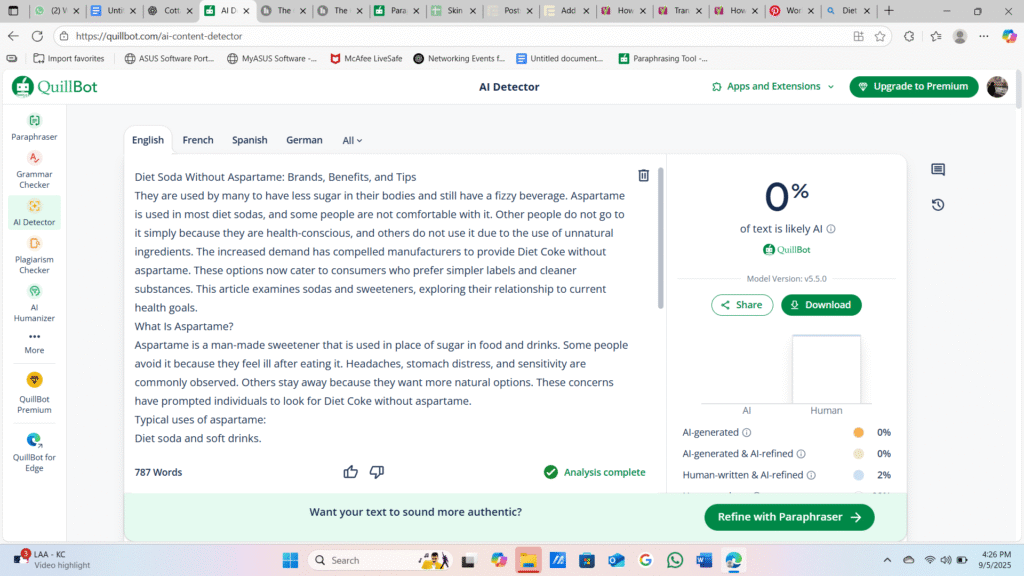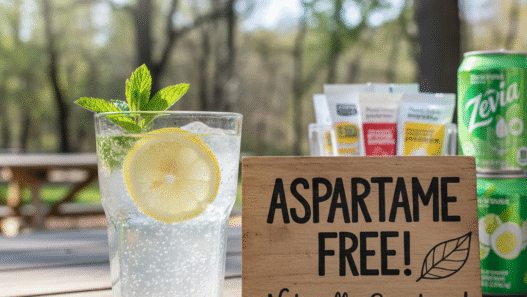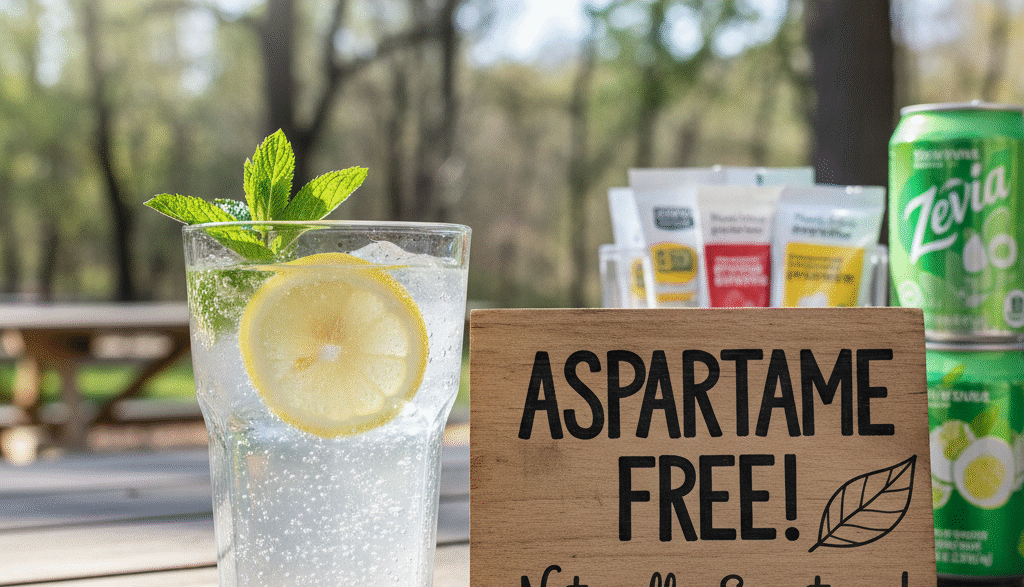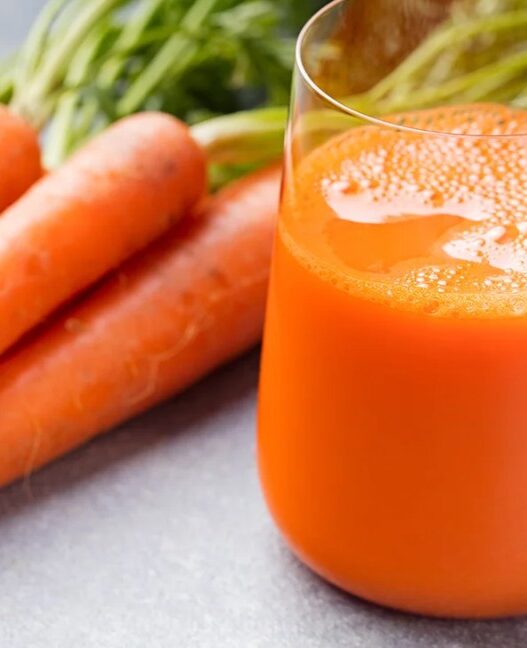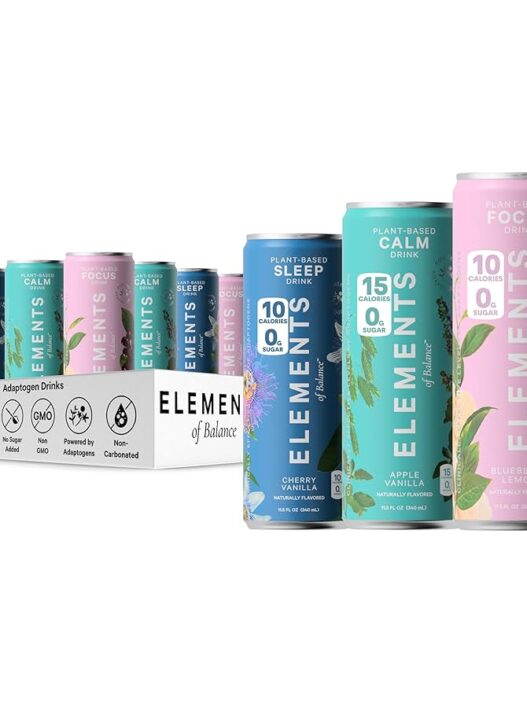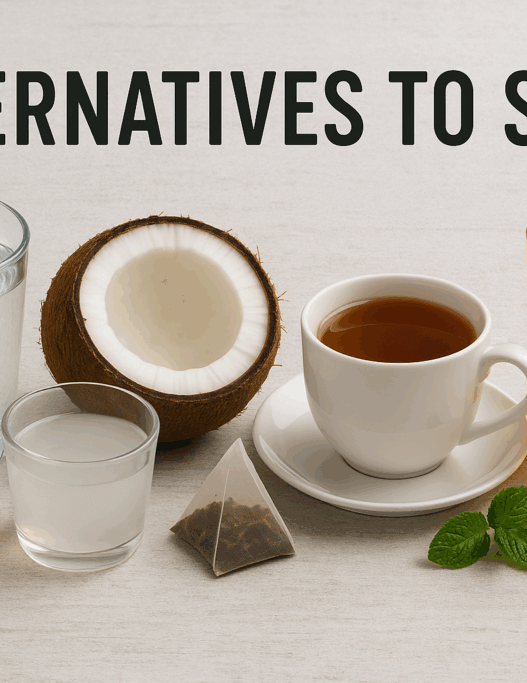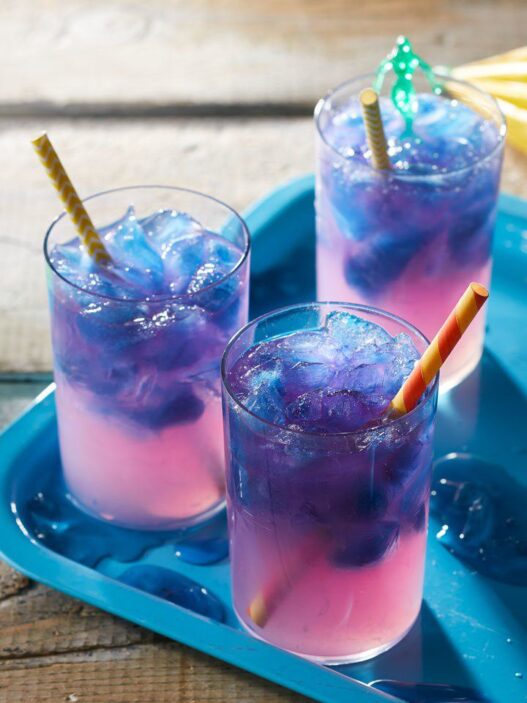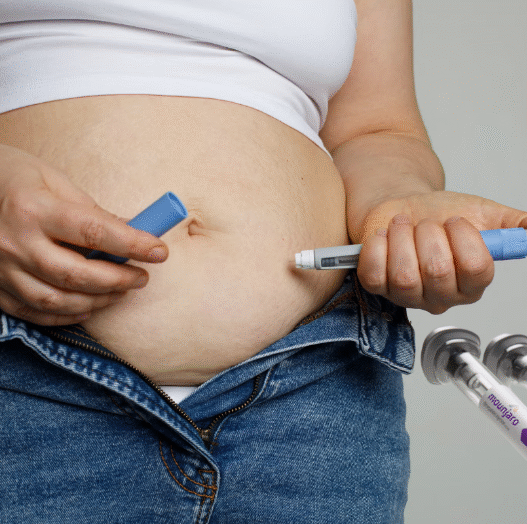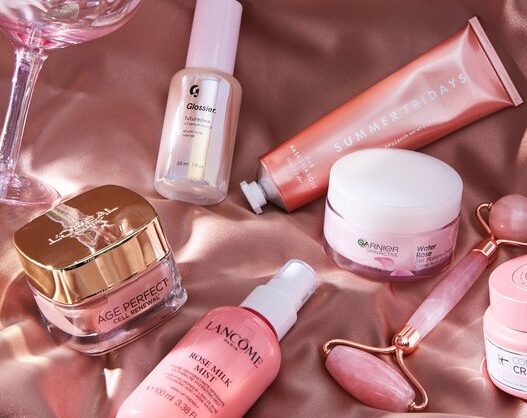Diet sodas became popular because people wanted a lower-calorie drink. As a result, many people use them to cut sugar while still enjoying a fizzy beverage. At the same time, most diet sodas contain aspartame, and some people do not feel comfortable with it. Therefore, some go for diet soda without aspartame because they are health-conscious. Consequently, the increased demand has compelled manufacturers to provide Diet Coke without aspartame.
These options now cater to consumers who prefer simpler labels and cleaner substances. This article examines sodas and sweeteners, exploring their relationship to current health goals. For additional information on why some people avoid aspartame, see the World Health Organization’s summary of the potential health hazards.
What Is Aspartame?
Aspartame is a man-made sweetener that replaces sugar in food and drinks. It comes from two amino acids and tastes far sweeter than sugar. A small amount creates a distinct sweet flavor. Many diet beverages rely on it, as do sugar-free gums, light desserts, and low-calorie snacks.

Many health agencies—including the FDA and WHO—consider it safe when consumed within set limits. Some people avoid it because they feel ill after eating it. People often experience headaches, stomach distress, and sensitivity. Others stay away because they want more natural options. These concerns have prompted individuals to look for Diet Coke without aspartame.
Typical uses of aspartame:
- Diet soda and soft drinks.
- Sugar-free gum.
- Light sweets and yogurt.
- Low-calorie candies and snacks.
Why People Look For Diet Soda Without Aspartame?
Some people avoid aspartame because they believe it hurts their health. Others report stomach troubles or an unusual reaction that makes them nervous. These challenges are motivating individuals to use sodas with added sweeteners.
Increasing numbers of buyers will purchase beverages with straightforward, very basic labels. When they can see natural and simple-to-understand chemicals, they feel safer. When they use chemical names as a form of sweetener, they will feel more confident in their product using plant-based sweeteners.
Lifestyle changes also cause this transformation. Keto dieters, low-carb eaters, and diabetics look for sodas without artificial sweeteners. They choose drinks containing stevia, monk fruit, or sucralose because they align with their health goals.
Main reasons individuals avoid aspartame:
- Health concerns, such as headaches or digestive issues, may arise.
- There are cravings to have labels and natural sweeteners.
- Fits keto, low-carb, and diabetic eating plans.
Common Alternatives to Aspartame in Diet Soda
Not every sweetener will behave similarly, and the taste may be very different. People who avoid aspartame now have more options for diet sodas.
1. Stevia
Stevia, a plant-derived sweetener, has natural properties. It contains no calories and blends well with diet sodas. Many people prefer the clean label, though some notice a slight aftertaste.
2. Sucralose
Sucralose is man-made but low in calories. It is stable when exposed to heat, making it suitable for use in a variety of meals and beverages. The flavor is similar to sugar, making it more familiar to the taste buds.
3. Monk Fruit
Monk fruit is a natural, zero-calorie sweetener. People need only a small amount because it is much sweeter than sugar. Some brands combine it with other sweets to balance the flavor.
4. Erythritol and Blends
Erythritol is a sugar alcohol that provides a mild sweetness. It may appear mild on its own, so companies frequently combine it with stevia or monk fruit to enhance the flavor.
These options vary in flavor, price, and consumer desire.
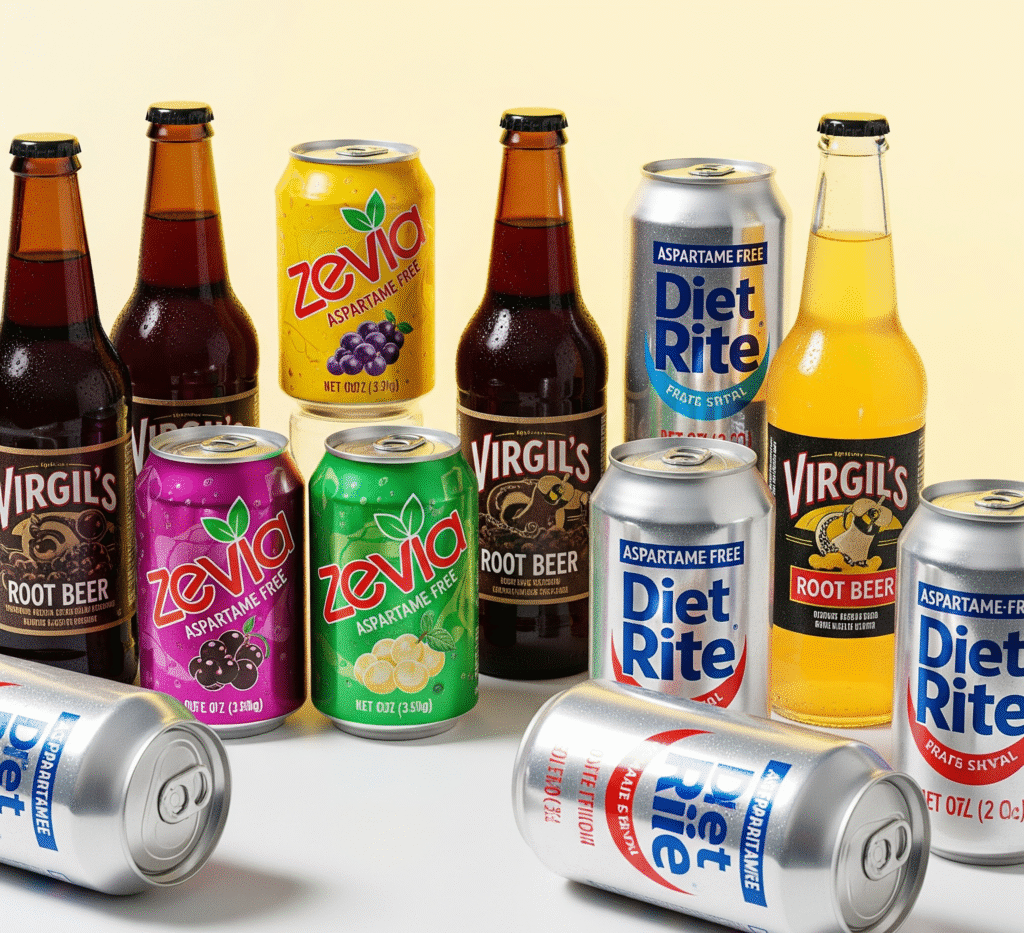
Popular Brands Of Diet Soda Without Aspartame
Many individuals are now looking for sodas without aspartame. Brands have improved by including natural or low-calorie sweeteners. Most of these options are readily available in stores and online. Taste and health are essential; thus each brand chooses its own approach.
1. Zevia
Zevia is well-known in the market. Stevia mainly sweetens it, and the brand offers many flavors. People enjoy the plant-based touch and the pure taste.
2. Virgil’s Zero Sugar
Virgil’s produces soda in a craft style. A combination of stevia, monk fruit, and erythritol produces a smoother, less artificial flavor.
3. Diet Rite
Diet Rite has been around for many years.he company adds sucralose to give sweetness without aspartame.
Smaller manufacturers also employ monk fruit or stevia blends that provide drinkers with greater choices in what to drink based on their preference.
Pros And Cons of Choosing Diet Soda Without Aspartame
Aspartame-free diet sodas are good, but not ideal. The aspects that often play a role in buying are taste, health, and cost.
Pros
- Others complain of fewer symptoms, like headaches or stomach aches.
- Makes a great addition to a low-carb, sugar-free, or keto diet.
Cons
- The drink tastes less sugary than those with aspartame.
- Fewer brands mean limited choices.
- Prices are often higher than those of regular diets.
There are both positive and negative elements that influence the choice of soda, including personal taste, physiological reaction, and lifestyle goals.
Tips For Choosing The Right Diet Soda
Finding the right diet soda means knowing which one fits best. Labels show the sweetener used. Some drinks have stevia or monk fruit, while others may include sucralose.
Stevia and monk fruit are popular natural choices that many keto followers prefer. Also critical are health needs. One person on keto might like one of the types, and another person sensitive to sugars might have to use another. It is useful to experiment with brands. Get to know and compare flavors, feel what you are reacting to, and keep the drink that feels good.
Bottom Line
There are a lot of people who now rely on diet soda, which contains no aspartame. In a bid to satisfy the demand, more companies are resorting to less caloric alternatives like stevia, monk fruit, and sucralose. You should have some balance, read labels, and drink moderately. Even a slight change in preferences would lead to long-term advantages. Try a few brands, compare flavors, and choose the one that best suits your daily schedule. People can still enjoy soda while staying on track with their health goals.
